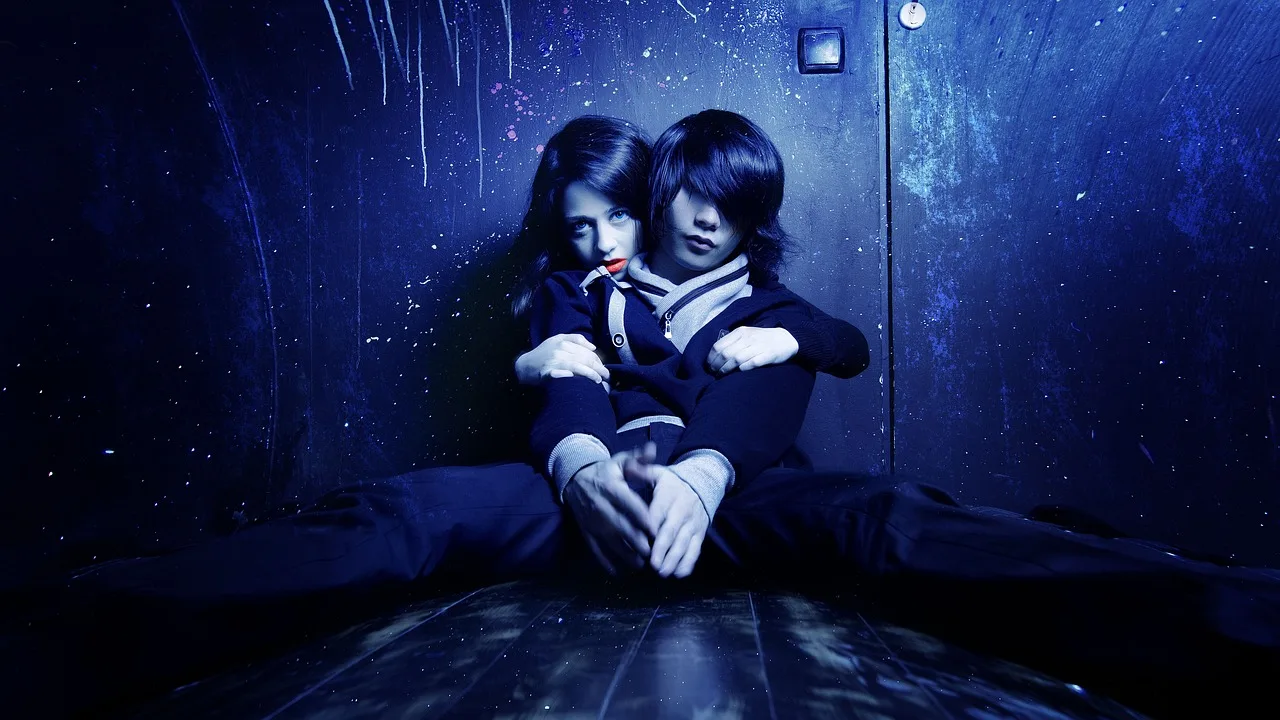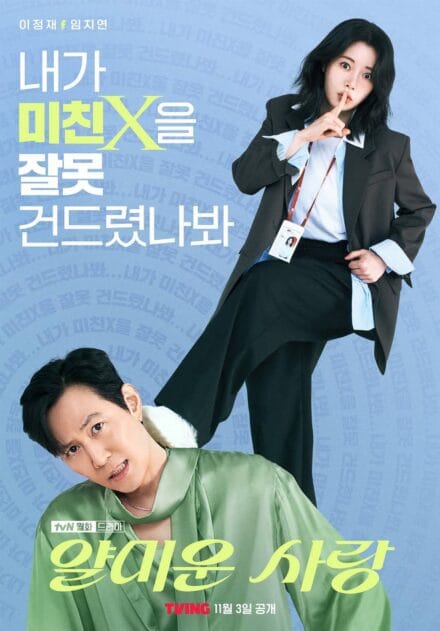The world of Korean entertainment has been captivating global audiences with its unique blend of genres and innovative storytelling. Today, we’re diving deep into the fascinating realm of K-Zombies and K-Vampires, exploring what sets them apart from their Western counterparts and why they’ve become such a sensation.
K-Zombies: More Than Just Brainless Monsters
The K-Zombie genre has exploded onto the scene, offering a fresh perspective on the undead. Shows like “Kingdom” and “All of Us Are Dead” have redefined what it means to be a zombie. These aren’t your slow, lumbering creatures; K-Zombies are fast, ferocious, and often carry a deeper social commentary.
- Social Critique: K-Zombie narratives often serve as a mirror to society, reflecting anxieties and fears about social hierarchies, political corruption, and even the education system.
- Humor and Horror: The genre masterfully blends humor with horror, creating a unique viewing experience that keeps you on the edge of your seat while also tickling your funny bone.
- Symbolism and Resistance: K-Zombies often represent more than just mindless monsters; they can symbolize resistance against oppression and the fight for a better world.
Zombie K-dramas:
Kingdom (2019-2021): A historical horror series set in the Joseon Dynasty, where a crown prince investigates a mysterious plague turning people into zombies while facing political intrigue.
All of Us Are Dead (2022): A high school becomes ground zero for a zombie virus outbreak, trapping students who must fight for their lives and confront their darkest fears.
Happiness (2021): Set in a dystopian future, this thriller explores the social breakdown and survival instincts triggered by a new infectious disease that turns people into monstrous creatures.
Sweet Home (2020): A reclusive high school student and other residents of an apartment building must fight for their lives when humans start transforming into monsters.
Zombie Detective (2020): A lighthearted comedy-mystery about a zombie who becomes a detective to solve his own murder and regain his memories.
K-Vampires: Redefining the Fanged Legends
K-Vampires are another captivating addition to the Korean entertainment scene. They bring a unique blend of traditional vampire lore and modern sensibilities, creating characters that are both alluring and thought-provoking.
- Moral Complexity: Unlike the often purely evil vampires of Western lore, K-Vampires grapple with moral dilemmas, adding depth and relatability to their characters.
- Cultural Relevance: K-Vampire narratives are deeply rooted in Korean culture, exploring themes of justice, morality, and the human condition in a way that resonates with audiences.
- Genre Bending: K-Vampire dramas often blend genres like crime, romance, and horror, offering a fresh and exciting take on the vampire mythos.
Vampire K-dramas:
The Vampire Detective (2016): A private detective who turns into a vampire uses his newfound abilities to solve crimes and uncover the truth behind his transformation.
Orange Marmalade (2015): A fantasy romance drama exploring the forbidden love between a human and a vampire in a world where vampires are ostracized.
Scholar Who Walks the Night (2015): A historical fantasy set in the Joseon Dynasty, where a young woman encounters a mysterious vampire scholar while searching for a rare book.
Blood (2015): A medical drama centered around a vampire doctor who struggles to balance his thirst for blood with his desire to save lives.
Vampire Prosecutor (2011-2012): A prosecutor who becomes a vampire uses his unique abilities to solve crimes and bring justice to victims.
Why the Global Appeal?
The popularity of K-Zombies and K-Vampires extends far beyond Korea’s borders. Their unique blend of cultural relevance, social commentary, and genre-bending storytelling has captured the hearts of viewers worldwide. These creatures of the night offer a fresh perspective on familiar themes, inviting us to explore the complexities of the human experience through a Korean lens.
So, whether you’re a fan of heart-pounding action, thought-provoking social commentary, or captivating characters, the world of K-Zombies and K-Vampires has something to offer. Dive into this exciting genre and discover a new dimension of storytelling that will leave you wanting more.
FAQ
- What are K-Zombies and K-Vampires?
K-Zombies and K-Vampires are unique interpretations of these classic monsters found in Korean dramas. They often blend traditional horror elements with social commentary, humor, and captivating character development, setting them apart from their Western counterparts.
- What makes K-Zombie dramas so popular?
K-Zombie dramas have gained global recognition due to their fast-paced action, thrilling suspense, and thought-provoking social commentary. They often explore themes of survival, societal breakdown, and the resilience of the human spirit, making them both entertaining and impactful.
- Are K-Vampire dramas just about romance?
While K-Vampire dramas often feature romantic storylines, they delve deeper into themes of morality, justice, and the complexities of human nature. These dramas often challenge traditional vampire tropes, presenting vampires as complex characters with their own struggles and desires.
- Where can I watch these dramas?
Many K-Zombie and K-Vampire dramas are available on popular streaming platforms like Netflix, Viki, and Kocowa. Check your preferred platform for availability in your region.
- Are these dramas suitable for all ages?
K-Zombie and K-Vampire dramas often contain mature themes, violence, and horror elements. It’s essential to check the ratings and content warnings before watching, especially with younger viewers.
- What can I expect from K-Zombie and K-Vampire dramas?
Expect thrilling action sequences, captivating storylines, complex characters, and thought-provoking social commentary. These dramas offer a fresh and exciting take on familiar genres, providing a unique viewing experience that will keep you entertained and engaged.








Leave a Comment